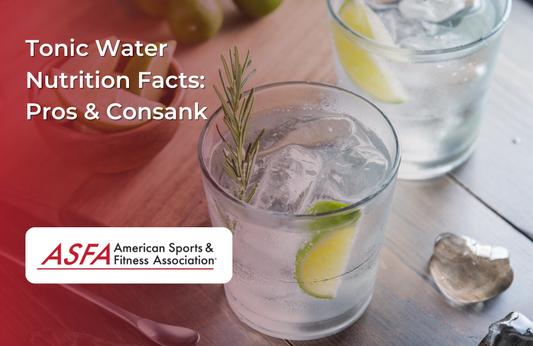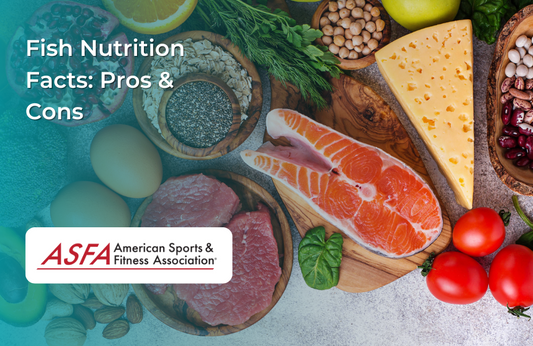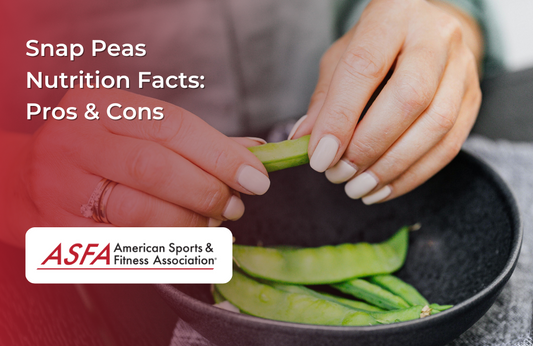Pepper Jack cheese is a semi-soft, spicy cheese made from Monterey Jack cheese infused with hot peppers. It is known for its creamy texture and mild heat, making it popular in sandwiches, burgers, and Tex-Mex dishes. While it provides protein, calcium, and healthy fats, it is also high in calories and saturated fat, requiring moderation.
Pepper Jack Cheese Nutrition Facts: Pros and Cons of its Nutritional Profile
One 1-ounce (28 grams) serving of Pepper Jack cheese provides:
-
Calories: Around 100-110
-
Carbohydrates: 0-1 gram
-
Fiber: 0 grams
-
Sugar: 0 grams
-
Protein: 6-7 grams
-
Fat: 8-9 grams
-
Saturated Fat: 5-6 grams
-
Cholesterol: 20-25 mg
-
Sodium: 150-200 mg. Pepper Jack cheese typically contains a significant amount of sodium, which can be a concern for individuals with hypertension or heart conditions.
-
Calcium: 15-20% of the Daily Value
-
Vitamins and Minerals:
-
Vitamin A: Supports vision and immune health
-
Phosphorus: Essential for bone and energy metabolism
-
Zinc: Supports immune function and cell growth
What is Pepper Jack Cheese?
Pepper Jack cheese is a delightful variety of cheese made from cow’s milk, celebrated for its spicy flavor and versatility in the kitchen. This semi-soft cheese boasts a smooth texture and a slightly tangy taste that sets it apart from other cheeses. The distinctive flavor profile of Pepper Jack cheese comes from the addition of peppers and spices during the cheese-making process. This infusion of ingredients not only gives it a unique kick but also makes it a popular choice for melting in a variety of dishes, such as sandwiches, pasta, and pizza. Whether you’re looking to add a bit of heat to your meal or simply enjoy a flavorful cheese, Pepper Jack is a fantastic option.
Pros of Eating Pepper Jack Cheese
High in Protein and Supports Muscle Growth
-
6-7 grams of protein per serving, making it a great source for muscle repair and satiety.
-
Can be a good snack for athletes or those on high-protein diets.
Rich in Calcium and Supports Bone Health
-
Provides 15-20% of daily calcium needs, which supports strong bones and teeth.
-
May help prevent osteoporosis when consumed in moderation.
Contains Healthy Fats for Energy
-
Provides essential fats that support brain function and hormone production.
-
The fat content helps improve satiety, reducing hunger cravings.
Low in Carbohydrates
-
Contains little to no carbs, making it a good choice for low-carb and keto diets.
Spicy Peppers May Boost Metabolism
-
Capsaicin in peppers can slightly increase metabolism and may support fat burning. The capsaicin in chili peppers, which are used in Pepper Jack cheese, contributes to its spicy flavor and potential metabolism-boosting effects.
-
Adds a mild spicy kick without the need for additional seasonings or sauces.
Versatile and Flavorful
-
Can be used in sandwiches, burgers, nachos, quesadillas, or melted over vegetables.
-
Adds extra heat and creaminess to dishes. The inclusion of jalapeno peppers gives Pepper Jack cheese its distinctive medium heat, making it a versatile ingredient for various dishes.
Cons of Eating Pepper Jack Cheese
High in Saturated Fat
-
5-6 grams of saturated fat per serving, which may contribute to high cholesterol if consumed in excess.
-
Should be balanced with unsaturated fats from nuts, seeds, and fish.
Moderate to High in Sodium
-
150-200 mg per serving, which can contribute to high blood pressure if eaten in large amounts.
-
Those on a low-sodium diet should limit consumption.
High in Calories
-
100-110 calories per ounce, which can add up quickly if consumed in large portions.
-
Can contribute to weight gain if not eaten in moderation.
Not Suitable for Lactose-Intolerant Individuals
-
Contains moderate amounts of lactose, which may cause digestive discomfort for those sensitive to dairy.
-
Aged Pepper Jack cheese may have less lactose and be easier to digest. Natural cheeses like Pepper Jack often contain lower levels of lactose, making them more suitable for those who typically struggle with eating cheese.
Processed Varieties May Contain Additives
-
Some store-bought versions contain preservatives, artificial flavors, and stabilizers.
-
Choosing natural, high-quality Pepper Jack cheese is a healthier option.
Health Benefits of Eating Pepper Jack Cheese
Eating Pepper Jack cheese can offer several health benefits, making it a valuable addition to your diet. This cheese is a rich source of protein and calcium, both of which are essential for maintaining strong bones and teeth. Additionally, Pepper Jack cheese provides other important nutrients like phosphorus and zinc, which support various bodily functions, including energy metabolism and immune health. Another noteworthy component of Pepper Jack cheese is conjugated linoleic acid (CLA), a fatty acid that has been linked to improved immune function and potential weight management benefits. By incorporating Pepper Jack cheese into your meals, you can enjoy its delicious taste while reaping these nutritional advantages.
Weight Management
Pepper Jack cheese can be a helpful ally in your weight management journey. Its high protein content helps keep you feeling full and satisfied, which can make it easier to stick to your dietary goals. Moreover, the cheese is low in carbohydrates, which can aid in reducing overall calorie intake. However, it’s important to remember that Pepper Jack cheese is also high in saturated fat, so moderation is key. By enjoying Pepper Jack cheese in controlled portions, you can benefit from its protein and flavor without overindulging in saturated fats.
Considerations for Eating Pepper Jack Cheese
While Pepper Jack cheese can be a nutritious and tasty addition to your diet, there are some considerations to keep in mind. The cheese is high in saturated fat, which can contribute to increased cholesterol levels and a higher risk of heart disease if consumed in excess. Additionally, individuals who are allergic to cow’s milk or have lactose intolerance may find it difficult to digest Pepper Jack cheese. It’s important to balance your cheese consumption with other nutrient-dense foods and be mindful of your overall saturated fat intake. By doing so, you can enjoy Pepper Jack cheese as part of a healthy, balanced diet.
Allergies and Precautions
If you have a cow’s milk allergy or lactose intolerance, it’s best to approach Pepper Jack cheese with caution. For those with lactose intolerance, starting with a small amount of the cheese can help you gauge your tolerance and avoid digestive discomfort. It’s also worth noting that Pepper Jack cheese is made from pasteurized cow’s milk, which is generally considered safe but may still be a concern for some individuals. Overall, Pepper Jack cheese can be a delicious and nutritious part of your diet when consumed in moderation and with consideration of any personal dietary restrictions.
Conclusion
Pepper Jack cheese is a protein-rich, flavorful cheese that adds spice and creaminess to meals. It provides calcium, healthy fats, and a satisfying taste, but it is high in calories, saturated fat, and sodium. Eating it in moderation and pairing it with nutrient-dense foods makes it a great addition to a balanced diet.
FAQs
Is Pepper Jack cheese healthy?
In moderation, it provides protein, calcium, and healthy fats, but it is high in saturated fat and sodium.
Is Pepper Jack cheese good for keto?
Yes, it is low in carbs and high in fat, making it suitable for keto diets.
How much Pepper Jack cheese can I eat per day?
1-2 ounces per day is a reasonable portion for most diets, depending on calorie and fat intake.
Does Pepper Jack cheese contain lactose?
Yes, but aged varieties have less lactose and may be easier to digest for those with mild lactose intolerance.
Is Pepper Jack cheese better than regular Monterey Jack?
Nutritionally, they are similar, but Pepper Jack contains spicy peppers, which may offer metabolism-boosting benefits.
Can I melt Pepper Jack cheese?
Yes, it melts well and is great for grilled cheese, nachos, and quesadillas.
Is Pepper Jack cheese high in protein?
Yes, 6-7 grams per ounce, making it a good protein source for snacks and meals.
What are the best ways to eat Pepper Jack cheese?
Melted on sandwiches, burgers, or eggs
Sliced with whole-grain crackers and fruit
Shredded into tacos, salads, or pasta dishes
For those who can eat cheese, Pepper Jack offers a versatile and flavorful option for various meals.





